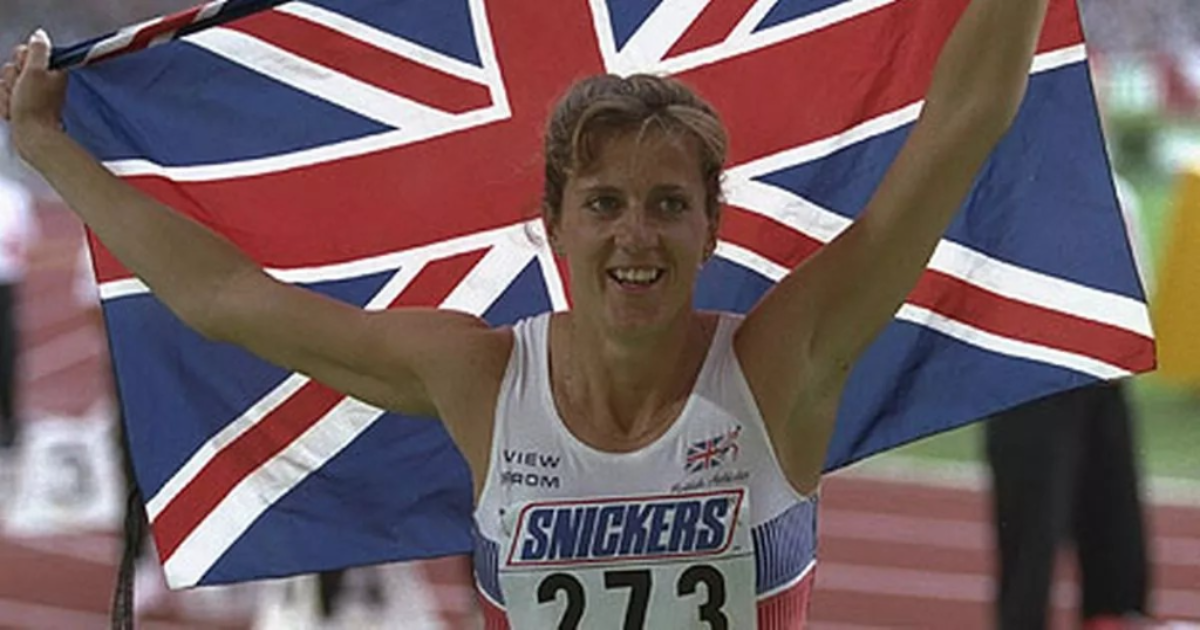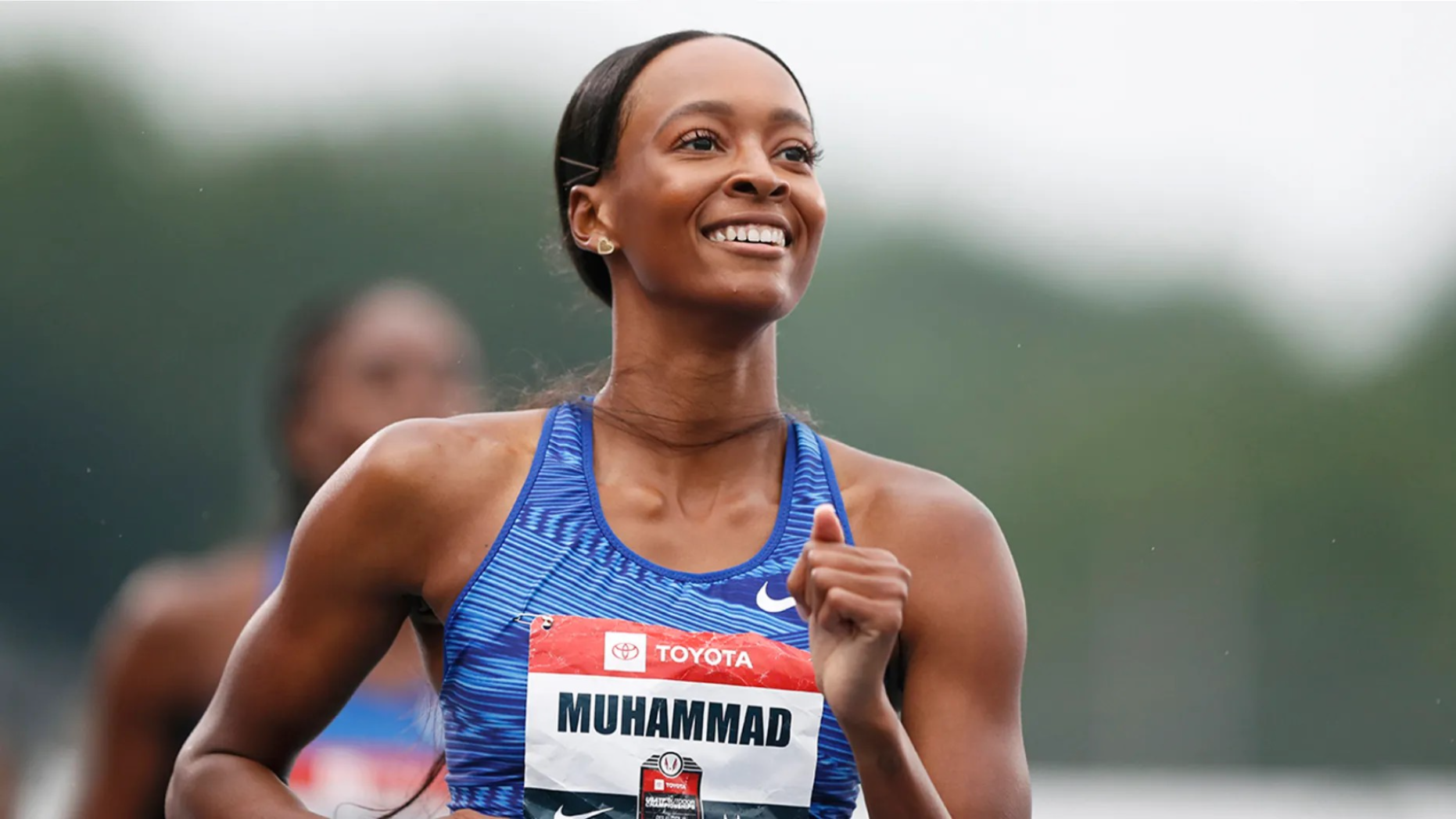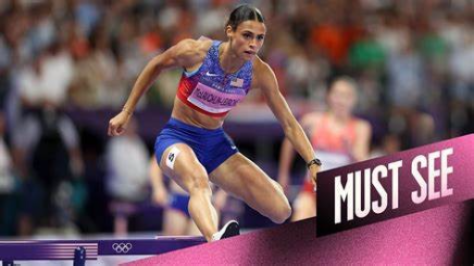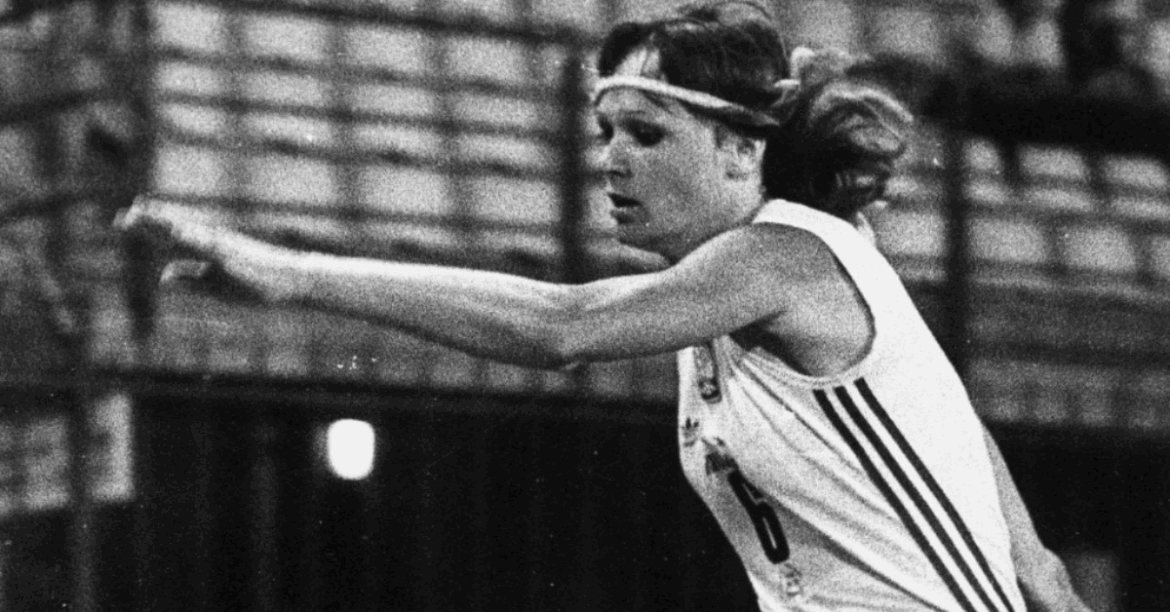The women’s 400m hurdles have witnessed a thrilling evolution, driven by remarkable athletes who shattered barriers and redefined the event long before Sydney McLaughlin-Levrone emerged.
These trailblazers pushed the limits of speed and technique and inspired generations with their relentless pursuit of excellence.
The Early Pioneers and Eastern European Dominance
Krystyna Kacperczyk of Poland ignited the event’s official history by setting the first world record in 1974 with a time of 56.51 seconds. Her breakthrough marked the beginning of rapid progress in the women’s 400m hurdles.
“If I Fall I Fall by Grace,” Anna Hall Reflects on Her Gritty 400m Hurdles in Miami
Soon after, athletes from the Soviet Union and East Germany dominated the scene. Marina Stepanova from the Soviet Union became a legend by breaking the 53-second barrier in 1986, clocking 52.94 seconds—a monumental achievement that stood as a beacon of possibility.
Moreover, these Eastern European athletes didn`t just run; they combined rigorous training with technical mastery, thus pushing the event’s standards to new heights.
Their dominance in the late 1970s and 1980s laid a solid foundation for the following global competitiveness.
British and American Excellence Raise the Bar

Sally Gunnell
In the 1990s, the spotlight shifted to Western athletes. Sally Gunnell of Great Britain captured the world’s attention by setting a new world record of 52.74 seconds in 1993. Her Olympic and World Championship victories showcased her dominance and elevated the women’s 400m hurdles profile worldwide.
Following Gunnell, American Kim Batten continued the trend of record-breaking performances. In 1995, she lowered the world record to 52.61 seconds, demonstrating the growing depth and talent in the United States.
Meanwhile, Batten’s success inspired a new generation of American 400m hurdlers to aim even higher.
The Long Reign of Yuliya Pechonkina and the Rise of Dalilah Muhammad

Dalilah Muhammad
In 2003, Russian athlete Yuliya Pechonkina stunned the athletics world by setting a stunning world record of 52.34 seconds. A record that stood unchallenged for nearly 16 years. Symbolising one of the longest reigns in women’s 400m hurdles history.
Pechonkina’s consistency and speed made her a formidable competitor and a role model for aspiring 400m hurdlers.
However, in 2019, the American hurdler Dalilah Muhammad finally broke Pechonkina’s long-standing record, lowering it twice to 52.20 and then 52.16 seconds.
| Date | Athlete | Nation | Time (s) | Notable Achievement |
|---|---|---|---|---|
| 1974 | Krystyna Kacperczyk | Poland | 56.51 | First official world record |
| 1977-1986 | Various (Soviet Union, East Germany) | USSR/East Germany | 55.74–52.94 | Dominance by Eastern European athletes |
| 1993 | Sally Gunnell | Great Britain | 52.74 | World/Olympic champion, broke 53s |
| 1995 | Kim Batten | USA | 52.61 | World champion, further lowered the record |
| 2003 | Yuliya Pechonkina | Russia | 52.34 | The record stood for almost 16 years |
| 2019 | Dalilah Muhammad | USA | 52.20/52.16 | Olympic/World champion, broke the long-standing record |
Muhammad’s achievements marked the beginning of a new chapter in the women’s 400m hurdles, blending speed, power, and technical precision.
Moreover, her Olympic and World Championship titles underscored her status as one of the event’s all-time greats.
Women’s 400m Hurdles: Legacy Before the New Era

Before Sydney McLaughlin-Levrone’s groundbreaking performances, these athletes shaped the women’s 400m hurdles with their determination and record-breaking runs.
Each champion built on the achievements of their predecessors, pushing the boundaries of what was possible. Their stories of perseverance, innovation, and triumph created a rich legacy that McLaughlin-Levrone would later elevate to unprecedented heights.
Coco Gauff Credits Mental Strength and Sydney McLaughlin-Levrone After French Open Win
Together, they transformed the women’s 400m hurdles from a developing event into one of the most exciting and fiercely contested disciplines in track and field history.


